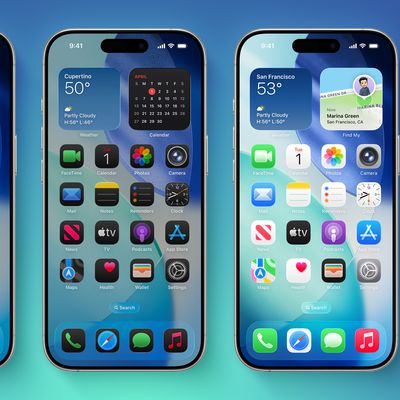Back in May, Brazilian teenager Marcel Fernandes Filho used Fleksy's predictive keyboard for Android on a Samsung Galaxy S4 to set a new world record of 18.19 seconds for the fastest typing of a text message on a touch-screen mobile phone. Filho's record was certified by the Guinness Book of World Records and required him to type Guinness' standard test message:
The razor-toothed piranhas of the genera Serrasalmus and Pygocentrus are the most ferocious freshwater fish in the world. In reality they seldom attack a human.
With Fleksy now available for iOS, Filho and Fleksy gave the record another try earlier this month, and Filho came through with a new record of 17.00 seconds using Fleksy on an iPhone 6 Plus.
“We’re very proud of Fleksy’s involvement in helping Marcel achieve this impressive feat,” said Ioannis Verdelis, Fleksy co-founder and COO. “The speed and accuracy Fleksy provides have yet again proven world-class.”
Fleksy is just one of a number of third-party keyboards that have launched for iOS, taking advantage of new APIs in iOS 8 to allow such keyboards. Many of the new keyboards offer predictive word suggestions and gesture support for faster typing, while others have more specialized uses. Apple has also enhanced its own built-in keyboard with QuickType predictive text in iOS 8.
With Fleksy's success on iOS at a $0.99 price point [Direct Link], the company is now seeking to broaden the keyboard's appeal on Android where it first gained traction. As a result, Fleksy is announcing a permanent 50 percent price cut for the Android version of Fleksy, dropping the price from $3.99 to $1.99.





















Top Rated Comments
do buildings not exist where you live?
Is is that cold in Florida? <3
FYI - that was an iOS issue from my understanding. I believe Apple is now (as of 8.1.1) allowing the keyboard to live on the RAM once it is opened so doesn't get bumped off and require reloading and the issues like you mentioned as a result.
Not to mention that the software could easily be tweaked (or trained) to predict the entire "standard test message."